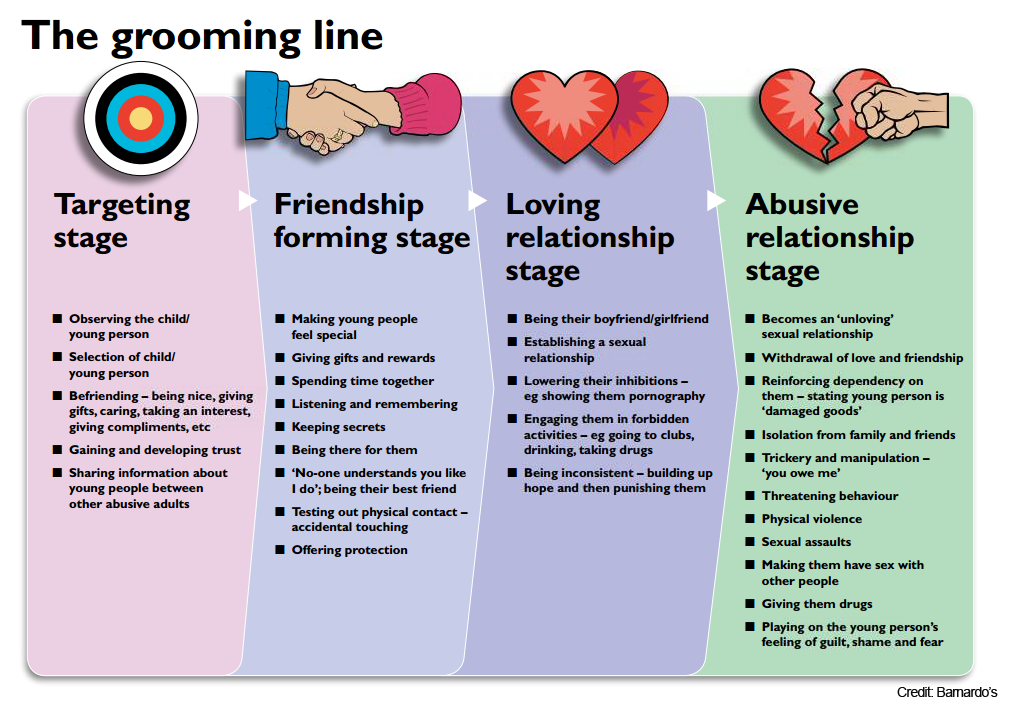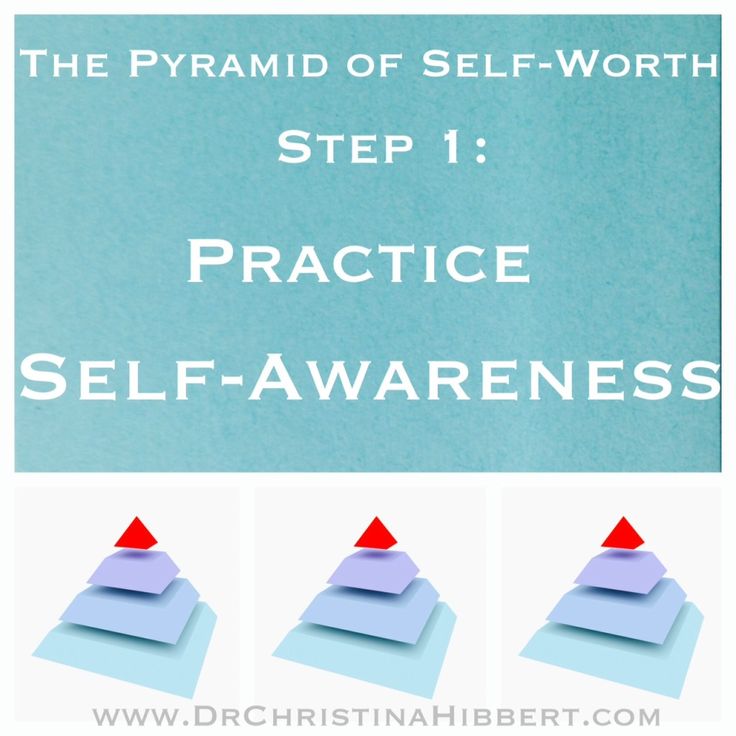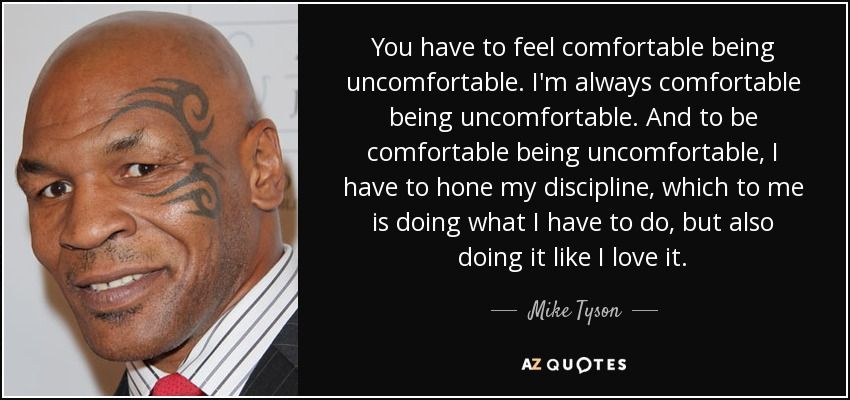People who overstep boundaries
5 Tips for When People Cross Your Boundaries
Setting limits is often part of relationships, but if you feel disrespected by someone crossing your boundaries, it may be time to take action.
Setting boundaries can be an essential part of interpersonal relationships. When you set healthy boundaries with others, you protect your own time, energy, and needs.
Boundaries often require clear communication, such as stating:
- what you need
- what you will and won’t tolerate
- how you’d like others to treat you
But setting limits in your relationships can be challenging, especially if you haven’t had much practice. Self-awareness and setting clear lines become easier with practice.
Others may try to cross your boundaries. Sometimes, this may be unintentional because of a lack of clear communication. Other times, it may be intentional, with someone pushing against your boundary to fulfill their own needs.
But there are assertive and respectful ways to deal with someone who crosses your boundaries.
Sometimes, people may cross your boundaries because you were unclear about what they were from the start. In these situations, the person may not necessarily be trying to disrespect you, so clear communication is essential.
Here’s the difference between an unclear boundary and a clear one:
- Vague boundary: “I need some space right now.”
- Clear boundary: “I could use the next 3–4 hours to myself to decompress. I don’t want to talk during this time, and I would like to be left alone in my room until I’m done.”
The clear boundary statement is specific about what you need, how long you need it, and what you expect from others. There’s little room for misinterpretation.
If you’ve set a boundary and someone crosses it, you have the power to let them know what will happen if they don’t respect you. Setting a consequence means that you’re serious about enforcing your boundary.
Say that you’ve lent a friend some money, but after many requests, they still haven’t gotten around to paying you back and are dismissive of your concerns. You could tell them, “If you don’t respect me enough to pay back the money you owe me, I will not be going out to dinner with you again.”
You could tell them, “If you don’t respect me enough to pay back the money you owe me, I will not be going out to dinner with you again.”
In this situation, you’re telling the person that they made a commitment, you need the money they owe you, and if they choose not to pay it back, you won’t continue interacting with them in the same way.
Limiting your engagement in certain situations, where possible, is another strategy for maintaining your boundaries.
For example, if you need to limit your time with a friend, family member, or significant other, this may help show them that you won’t tolerate disrespect.
Choosing to limit engagement may involve spending less time with someone, ending conversations that aren’t going anywhere, or even going no contact.
If you’re in a dangerous situation where limiting your engagement isn’t possible, you can reach the National Domestic Violence Hotline at 800-799-7233 or text START to 88788.
It may also be helpful to find a therapist to help you work through the situation and create a safety plan..jpg)
If you’re consistently saying yes to things you want to say no to, this may mean that it’s time for you to set a limit.
Being persistent and holding your boundaries firm when someone tries to cross a line communicates that you respect yourself.
On the other hand, if you give in when someone disrespects your boundaries, you let them know that it’s OK to cross that line.
A 2020 cross-sectional study out of the Netherlands suggests that people with blurred work-life boundaries experience burnout and emotional exhaustion. The people in this particular study also participated in fewer healthy lifestyle behaviors when poor work boundaries were involved.
If you’re dealing with a boss or supervisor who doesn’t respect your work-life balance, being persistent and straightforward with them may be one way to avoid exhaustion and burnout.
For example, if they aren’t respecting your work hours, you could say, “I can’t respond to emails after 5 p.m., as I’m off the clock. I’m happy to deal with any emails sent after that time when I get into work the next day.”
I’m happy to deal with any emails sent after that time when I get into work the next day.”
Your supervisor may push back against the boundary in this situation, but it’s important to stand firm. If you don’t respect your time, your supervisor won’t, either.
Calm communication with someone pushing your boundaries shows that you can hold space for yourself without acquiescing to something you don’t want.
One way to practice this is by using “I” statements. For example, “I feel angry when you speak to me like that. If you continue to yell at me, I’ll have to end this phone call.”
When you use an “I” statement, try to communicate calmly and assertively.
It may feel overwhelming when you begin to set boundaries with others. It’s tough to make space for your own needs if you’ve never tried before. Placing those limits, especially when others don’t agree with them, may make you feel selfish, guilty, or ashamed.
One tip for dealing with these overwhelming emotions is to remind yourself that boundaries are an essential part of healthy relationships. In addition, it may be helpful to remember why you need to set the limit in the first place.
In addition, it may be helpful to remember why you need to set the limit in the first place.
Healthy boundaries help you maintain your sense of identity and protect your energy. It gets easier with practice!
For more information about setting boundaries, check out this guide from The Self-Help Alliance.
5 Tips for When People Cross Your Boundaries
Setting limits is often part of relationships, but if you feel disrespected by someone crossing your boundaries, it may be time to take action.
Setting boundaries can be an essential part of interpersonal relationships. When you set healthy boundaries with others, you protect your own time, energy, and needs.
Boundaries often require clear communication, such as stating:
- what you need
- what you will and won’t tolerate
- how you’d like others to treat you
But setting limits in your relationships can be challenging, especially if you haven’t had much practice. Self-awareness and setting clear lines become easier with practice.
Others may try to cross your boundaries. Sometimes, this may be unintentional because of a lack of clear communication. Other times, it may be intentional, with someone pushing against your boundary to fulfill their own needs.
But there are assertive and respectful ways to deal with someone who crosses your boundaries.
Sometimes, people may cross your boundaries because you were unclear about what they were from the start. In these situations, the person may not necessarily be trying to disrespect you, so clear communication is essential.
Here’s the difference between an unclear boundary and a clear one:
- Vague boundary: “I need some space right now.”
- Clear boundary: “I could use the next 3–4 hours to myself to decompress. I don’t want to talk during this time, and I would like to be left alone in my room until I’m done.”
The clear boundary statement is specific about what you need, how long you need it, and what you expect from others. There’s little room for misinterpretation.
There’s little room for misinterpretation.
If you’ve set a boundary and someone crosses it, you have the power to let them know what will happen if they don’t respect you. Setting a consequence means that you’re serious about enforcing your boundary.
Say that you’ve lent a friend some money, but after many requests, they still haven’t gotten around to paying you back and are dismissive of your concerns. You could tell them, “If you don’t respect me enough to pay back the money you owe me, I will not be going out to dinner with you again.”
In this situation, you’re telling the person that they made a commitment, you need the money they owe you, and if they choose not to pay it back, you won’t continue interacting with them in the same way.
Limiting your engagement in certain situations, where possible, is another strategy for maintaining your boundaries.
For example, if you need to limit your time with a friend, family member, or significant other, this may help show them that you won’t tolerate disrespect.
Choosing to limit engagement may involve spending less time with someone, ending conversations that aren’t going anywhere, or even going no contact.
If you’re in a dangerous situation where limiting your engagement isn’t possible, you can reach the National Domestic Violence Hotline at 800-799-7233 or text START to 88788.
It may also be helpful to find a therapist to help you work through the situation and create a safety plan.
If you’re consistently saying yes to things you want to say no to, this may mean that it’s time for you to set a limit.
Being persistent and holding your boundaries firm when someone tries to cross a line communicates that you respect yourself.
On the other hand, if you give in when someone disrespects your boundaries, you let them know that it’s OK to cross that line.
A 2020 cross-sectional study out of the Netherlands suggests that people with blurred work-life boundaries experience burnout and emotional exhaustion. The people in this particular study also participated in fewer healthy lifestyle behaviors when poor work boundaries were involved.
The people in this particular study also participated in fewer healthy lifestyle behaviors when poor work boundaries were involved.
If you’re dealing with a boss or supervisor who doesn’t respect your work-life balance, being persistent and straightforward with them may be one way to avoid exhaustion and burnout.
For example, if they aren’t respecting your work hours, you could say, “I can’t respond to emails after 5 p.m., as I’m off the clock. I’m happy to deal with any emails sent after that time when I get into work the next day.”
Your supervisor may push back against the boundary in this situation, but it’s important to stand firm. If you don’t respect your time, your supervisor won’t, either.
Calm communication with someone pushing your boundaries shows that you can hold space for yourself without acquiescing to something you don’t want.
One way to practice this is by using “I” statements. For example, “I feel angry when you speak to me like that. If you continue to yell at me, I’ll have to end this phone call.”
If you continue to yell at me, I’ll have to end this phone call.”
When you use an “I” statement, try to communicate calmly and assertively.
It may feel overwhelming when you begin to set boundaries with others. It’s tough to make space for your own needs if you’ve never tried before. Placing those limits, especially when others don’t agree with them, may make you feel selfish, guilty, or ashamed.
One tip for dealing with these overwhelming emotions is to remind yourself that boundaries are an essential part of healthy relationships. In addition, it may be helpful to remember why you need to set the limit in the first place.
Healthy boundaries help you maintain your sense of identity and protect your energy. It gets easier with practice!
For more information about setting boundaries, check out this guide from The Self-Help Alliance.
"People always refer to me as 'you': how do I explain that this is a violation of my boundaries?"
Ask an expert A man among men Know yourself
I often find that some people prefer to address me as "you" and sometimes even call me by my shortened name. I have nothing against when, for example, my peer or a person with whom we are not in a close relationship, but have known each other for a long time (a hairdresser or a manicurist) does this. Or when it is provided by the corporate culture of the company. In other cases, this behavior terribly annoys me. nine0006
I have nothing against when, for example, my peer or a person with whom we are not in a close relationship, but have known each other for a long time (a hairdresser or a manicurist) does this. Or when it is provided by the corporate culture of the company. In other cases, this behavior terribly annoys me. nine0006
Recently I was at an appointment at a state institution, and the specialist constantly told me: “Sasha, sign here” or “Sasha, please check your passport details.” It seemed to me that this style of communication is inappropriate here, but the employee was sympathetic, and I did not dare to object to her.
Or another situation: the other day I met a new neighbor. When she found out that I was a student (the fact that I was a graduate student, she did not specify), she began to “poke” me, call me diminutive names. I can’t do the same, because my neighbor is older than me, and again she was too shy to ask to use “you”. However, I feel that my personal boundaries are thereby violated.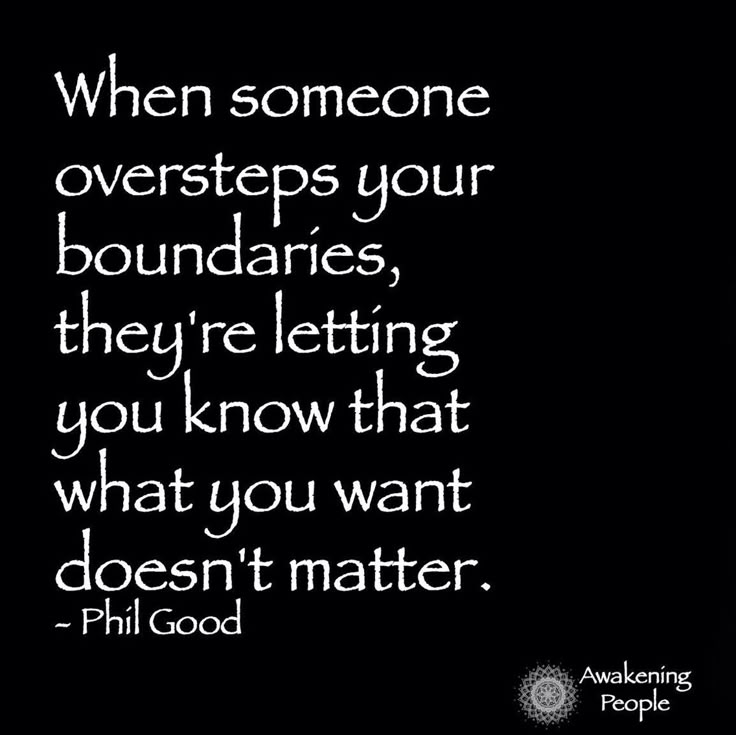 nine0006
nine0006
I hesitate to tell people directly what kind of communication is acceptable with me, because they often react to it with irony, they say, don't be so serious, they start to joke. Therefore, I would like to ask you how to clearly and clearly (and at the same time tactfully) make it clear to a person that we will not switch to “you”?
Alexandra, 25 years old
Alexandra, the very fact of switching to “you” is a sharp reduction in psychological distance, just like the use of a short name. You are right, such a distance is appropriate in intimate relationships, but can be very uncomfortable in formal contact. nine0003
Why do we need a long distance? We feel safer in this kind of interaction with a stranger. A long distance does not imply the active inclusion of emotions in communication, it is possible to resolve issues at a technical level and not make personal contact.
People who default to "you" want to demonstrate their human involvement in you (as happened with a woman in a government office), without thinking about how you feel with their care or emotional involvement.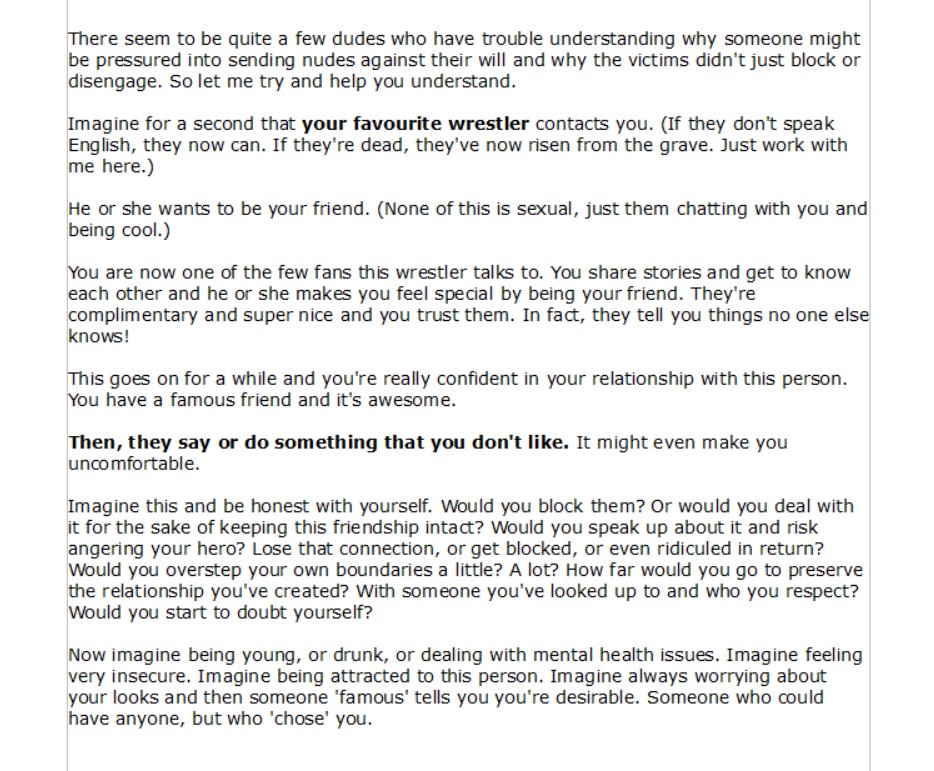 Or, on the contrary, they purposefully shorten the distance in order to offend or insult you (the same emotional involvement, but with a minus sign). Note that any rough skirmish in a public place involves the transition to "you." nine0003
Or, on the contrary, they purposefully shorten the distance in order to offend or insult you (the same emotional involvement, but with a minus sign). Note that any rough skirmish in a public place involves the transition to "you." nine0003
So extending the distance by politely asking "to stay on you" is a normal signal to the other that he is invading your psychological space. But you say that you are embarrassed to point people to it. And here I would explore what you are afraid of when you need to protect yourself.
Answer the question for yourself: who am I most afraid of (or was afraid of as a child)? Mom, grandmother, teacher, classmate. Try to enter into a mental dialogue with this person, in direct and harsh terms, indicating his place to him. Probably, this kind of "talk" will need to be held more than once. However, at some point you will feel that people are less likely to switch to “you” with you or that you easily return them to the proper communication format. I believe you can do it! nine0003
Text: PSYCHOLOGIES. RU
RU
New on the site
“My mother and I were one, but she died three weeks ago. How to survive it?
“My son found my intimate correspondence and punishes me by ignoring it”
How to enhance the pleasure of sex with penetration?
Alexander Tsypkin: “Appreciate your vices”
“How can I tell my parents that I changed my name? That’s my sister’s name too.”
“How can I help?”: 5 questions to understand yourself and others—ask them regularly
How video games help us become better: an analysis of 6 main genres
Value thinking: how to stop dividing into "good" and "bad"
"This is already the former Ukraine." What territories can be part of Russia
Deputy Prime Minister of the Crimean government Georgy Muradov said that Ukraine "in the form in which it was" would no longer remain. As Kirill Stremousov, deputy head of the military-civilian administration of the Kherson region, said earlier, President Vladimir Putin will be asked to include the region in Russia.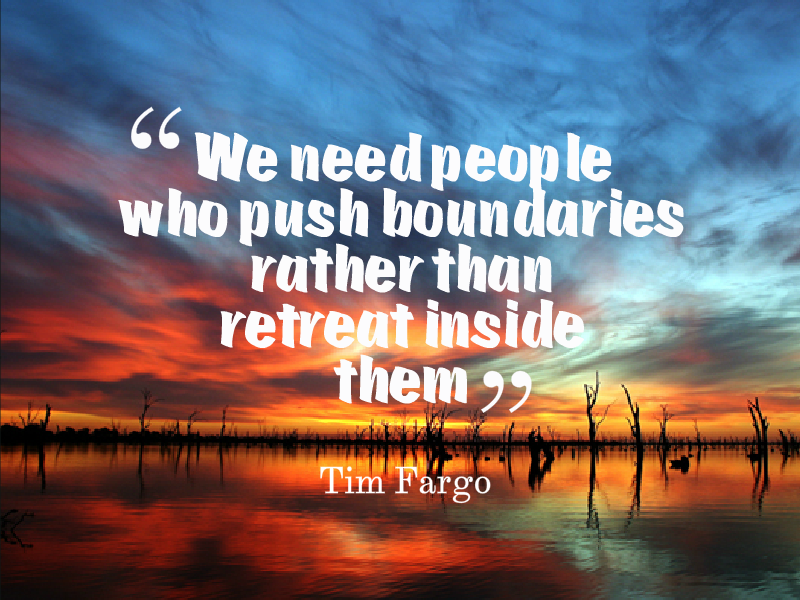 There, as in the Azov part of the Zaporozhye region of Ukraine, the transition to the ruble zone and the restoration of trade ties with Crimea are already underway. nine0003
There, as in the Azov part of the Zaporozhye region of Ukraine, the transition to the ruble zone and the restoration of trade ties with Crimea are already underway. nine0003
Ukraine will no longer remain within its current borders, says Georgy Muradov, Permanent Representative of Crimea to the President of the Russian Federation. His words are quoted by RIA Novosti .
Military special operation of the Russian Federation in Ukraine. Day 88
Austria froze the assets of Russians for €254 million as part of the sanctions imposed by the European Union. Premier...
May 23 00:03
“Ukraine in the form in which it was, I think, will no longer remain. This is already the former Ukraine,” he said.
As the Deputy Prime Minister of the Crimean government put it, “in the format in which Ukraine was before, it could exist as a federal state with full respect for the rights of national communities, in particular, linguistic, cultural, educational and religious ones. ”
”
“This was especially true of the rights of the state-forming Russian people, whose linguistic rights are enshrined in the tenth article of the Ukrainian constitution. However, these principles were grossly violated, and the Ukrainian state became unviable,” Muradov said. nine0003
According to him, no country that respects itself and its people would tolerate flagrant violation of the primordial rights of its compatriots in neighboring states. “And even more so if these attempts result in outright extermination of people, as happened in recent years with regard to Russians and Russian-speakers in Ukraine, where they have lived on their native land for centuries,” he added.
After the Russian military took control of the Kherson region of Ukraine and the south of the Zaporozhye region of Ukraine, military-civilian administrations began to form in these territories. Muradov previously stated that the "territories of the south of the former Ukraine" occupied by the Russian authorities would become part of Russia. He also claimed that “previously, these regions were “gifted” to Kyiv, but now Russian TV channels are broadcast in them, the Russian currency is used, and at school, lessons are taught according to Russian textbooks,” recalls RBC .
He also claimed that “previously, these regions were “gifted” to Kyiv, but now Russian TV channels are broadcast in them, the Russian currency is used, and at school, lessons are taught according to Russian textbooks,” recalls RBC .
Let us add that Muradov has been in his current position since August 7, 2014. At the same time, he was included in the list of persons subjected to EU sanctions for "actions aimed at undermining the territorial integrity of Ukraine." Before being appointed to a post in Crimea, he was Deputy Head of Rossotrudnichestvo (2010-2014).
In the Kherson region of Ukraine and the Azov part of the Zaporozhye region of Ukraine, the transition to rubles and the restoration of trade relations with Crimea are already underway. nine0003
As Kirill Stremousov, deputy head of the military-civilian administration of the Kherson region, said earlier, the interim authorities will turn to Russian President Vladimir Putin with a request to annex the region, but "no referendums" are planned.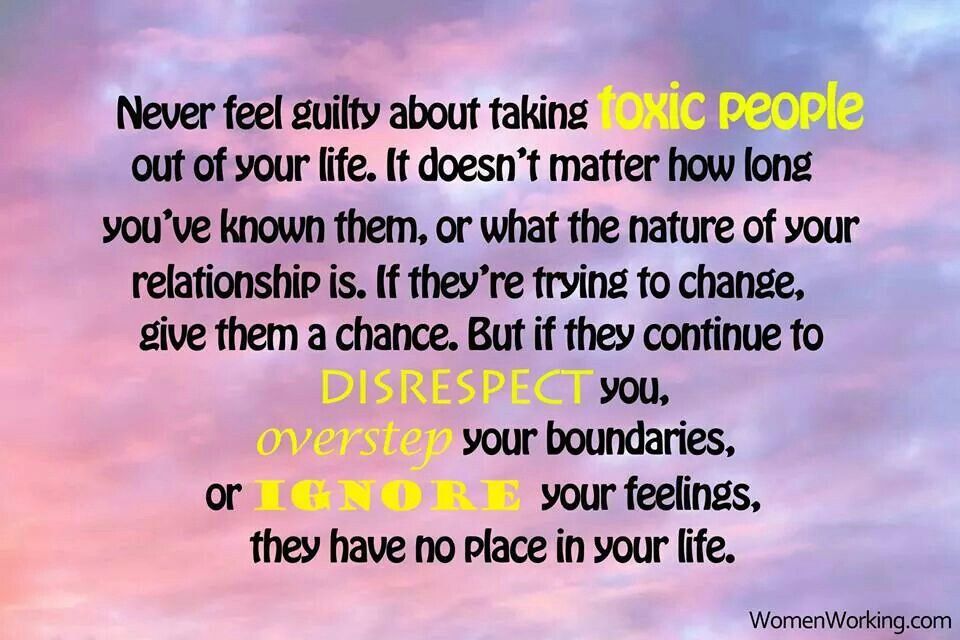 Note that Stremousov is a pro-Russian activist, co-founder of the Tavria News agency and former leader of the Kherson branch of the Socialist Party of Ukraine.
Note that Stremousov is a pro-Russian activist, co-founder of the Tavria News agency and former leader of the Kherson branch of the Socialist Party of Ukraine.
Stremousov tried to be elected to the Verkhovna Rada, as well as to become the mayor of Kherson, but both times he was defeated in the elections, gaining less than 2% of the vote. nine0003
On February 24, Russia launched special military operation in Ukraine. As Vladimir Putin stated, its goal is “to protect people who have been subjected to bullying and genocide by the Kyiv regime for eight years.”
According to him, there is no question of the occupation of the territories of Ukraine, but "Moscow recognizes the right of all peoples to self-determination."
Recall that on February 21, the Russian Federation recognized the independence of the Donetsk and Luhansk People's Republics. One of the tasks of the special operation is the exit of the DPR and LPR groups to the administrative borders of the republics.
